The Garrick: inside the gentlemen’s club at heart of sexism row
Leading literary, dramatic and legal stars have networked at the men-only club throughout its 190-year history
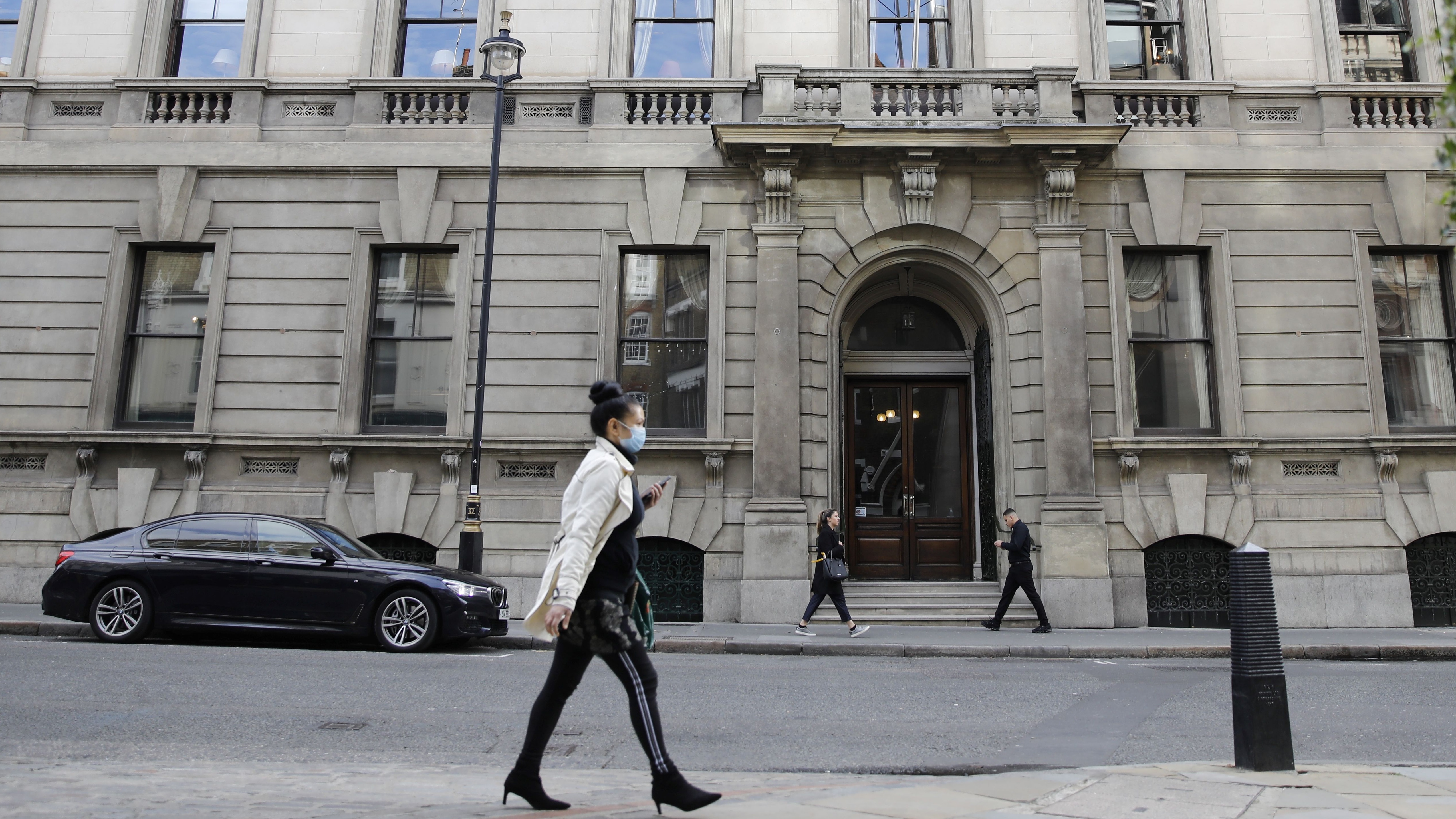
A free daily email with the biggest news stories of the day – and the best features from TheWeek.com
You are now subscribed
Your newsletter sign-up was successful
Cherie Blair has joined a growing group of female lawyers and judges fighting to convince the iconic men-only Garrick Club to admit women members.
The QC has described how she was first turned away by the London club in 1976 while still a pupil lawyer alongside her future husband, Tony Blair. She was invited by her supervisor, who was a member – but found that the club would not admit her for lunch, reports The Times.
Signing a petition calling for the club to change its membership rules, Blair described the lack of progress as “outrageous”.
The Week
Escape your echo chamber. Get the facts behind the news, plus analysis from multiple perspectives.

Sign up for The Week's Free Newsletters
From our morning news briefing to a weekly Good News Newsletter, get the best of The Week delivered directly to your inbox.
From our morning news briefing to a weekly Good News Newsletter, get the best of The Week delivered directly to your inbox.
What is the Garrick Club?
Situated in the heart of London’s West End, the Garrick is one of the oldest private members’ clubs in the world. Some of the biggest literary, dramatic and legal stars have joined the club, which celebrates its 190th anniversary this week. Today, the club reportedly has 1,300 members and a seven-year waiting list.
Founded in 1831 under the patronage of King William IV’s brother, the Duke of Sussex, the Garrick was first formed as a place where “actors and men of refinement and education might meet on equal terms”. It is named after David Garrick, a celebrated 18th-century actor and theatre manager, who popularised a “naturalistic” style of acting still influential today, according to Britannica.
What’s it like inside?
A free daily email with the biggest news stories of the day – and the best features from TheWeek.com
The club boasts dining facilities, a cocktail bar, private dining rooms, accommodation and a theatrical library that claims to include the “most comprehensive collection of theatrical paintings and drawings in existence”, according to its website. There is also a card room, billiards room, reading room and roof terrace.
Writing in The Times last year, Hilary Rose says that “there are liveried porters and an astonishing art collection stacked up to the ceiling in every room.
“There are leather armchairs and strong G&Ts, attentive uniformed waiters and good food. There is dark polished wood, gilded picture frames and antique mahogany tables.”
Men are expected to wear jackets and collared shirts at all times and ties when dining in the Coffee Room, unless arriving after 9.30pm for after-theatre supper, while female guests are permitted to wear trousers but not jeans.
Who are its members?
The club still chooses members using one of its original tenants, that “it would be better that ten unobjectionable men should be excluded than one terrible bore should be admitted”.
Literary icons Charles Dickens, William Makepeace Thackeray, Anthony Trollope, J.M. Barrie, A.A. Milne and Kingsley Amis have all been members of the club, as have composers such as Edward Elgar and influential artists John Everett Millais and Dante Gabriel Rossetti. The Oldie adds that in 1993 broadcaster Jeremy Paxman was “blackballed by the Garrick Club for being rude to politicians – which was in fact his job”.
Will women be admitted?
Attempts to have the membership rules changed to allow women to join have so far failed, despite claims that the ban gives men a professional networking advantage.
“Over the past year there has been growing discontent among women working in the legal profession at the club’s continued refusal to reform,” reports The Guardian.
More than 300 lawyers have now signed a petition calling for the club to admit female members, with 115 QCs, 77 barristers, 65 solicitors and 37 partners and directors of law firms among the signatories. It is part of a campaign launched by lingerie mogul Emily Bendell after her application to join the club was rejected.
“Women are allowed in as guests but cannot join the club’s ranks,” explains The Times.
Bendell has previously given her take on the rules: “Women are only able to access the club’s services as second-class citizens on the whim of a man, who has to both invite and pay for them.”
And, in the petition for change, Cherie Blair wrote: “Forty-five years ago, I was left standing outside the Garrick while my supervisor took my fellow pupil Tony Blair inside. It’s outrageous that so little progress has been made since then.”
It is estimated that up to “25 per cent of the senior judiciary holds membership at the Garrick, plus dozens of QCs”, reports the Evening Standard, and many senior legal professionals have spoken out against the club’s policy over the years, including Baroness Hale, the former president of the Supreme Court.
Hale criticised the policy in 2015, expressing shock that “so many of my colleagues belong to the Garrick” and suggested the club contributed to the “systemic barriers” preventing women from reaching the top judicial ranks.
Previous attempts to change the club’s “anachronistic policy” have failed, reports the paper. In 2015, 50.5% of Garrick members voted in favour of admitting women, but fell short of the two-thirds majority required.
-
 How the FCC’s ‘equal time’ rule works
How the FCC’s ‘equal time’ rule worksIn the Spotlight The law is at the heart of the Colbert-CBS conflict
-
 What is the endgame in the DHS shutdown?
What is the endgame in the DHS shutdown?Today’s Big Question Democrats want to rein in ICE’s immigration crackdown
-
 ‘Poor time management isn’t just an inconvenience’
‘Poor time management isn’t just an inconvenience’Instant Opinion Opinion, comment and editorials of the day
-
 South Korea's deepfake porn crisis
South Korea's deepfake porn crisisThe Explainer President Yoon Suk Yeol has announced a crackdown but is a wider issue being ignored?
-
 How sexual harassment is rife in Antarctica
How sexual harassment is rife in AntarcticaUnder The Radar Women have been 'gaslit' over reports of abuse at 'the emptiest, windiest, highest, driest, coldest place on Earth'
-
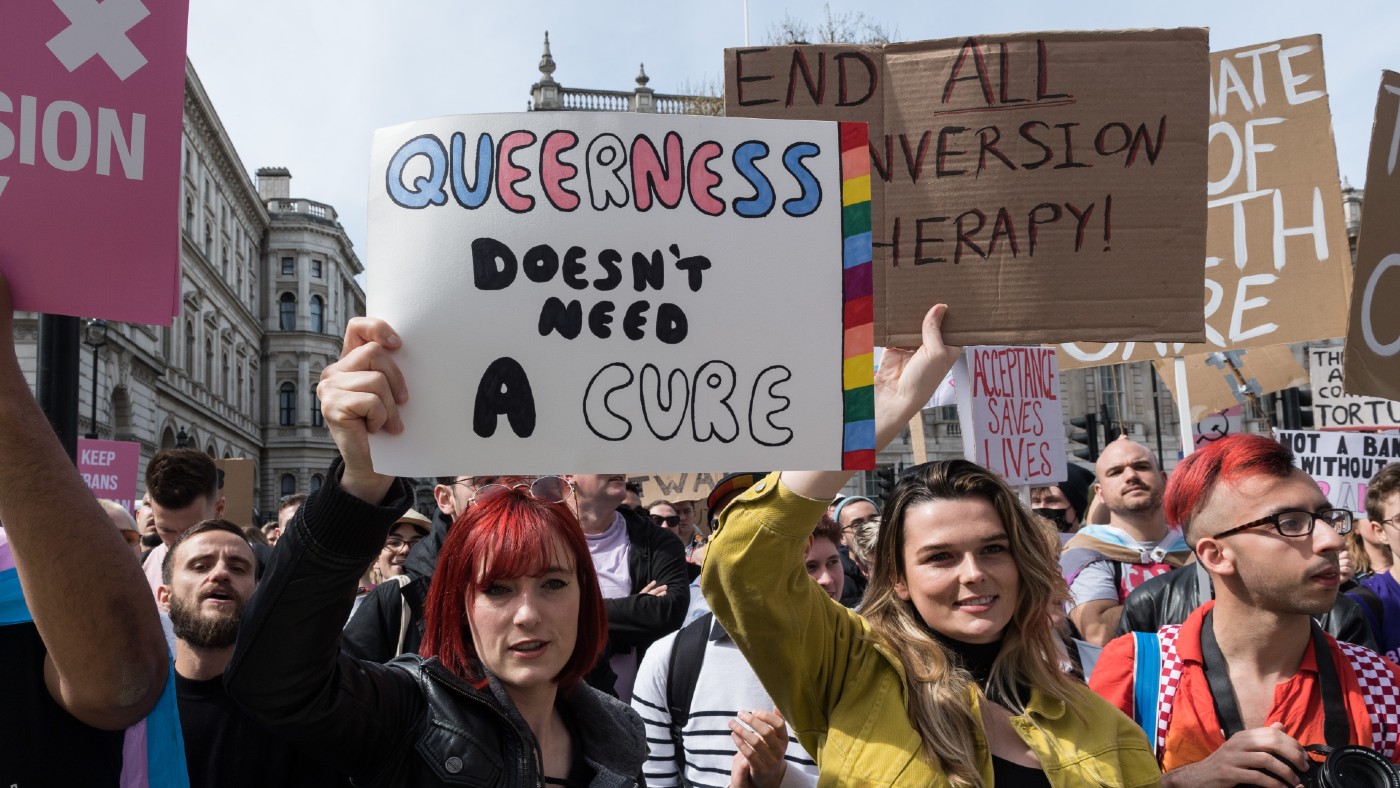 The countries that have banned conversion therapy
The countries that have banned conversion therapyIn the Spotlight Former PM Theresa May has urged UK government to ban practice for transgender people
-
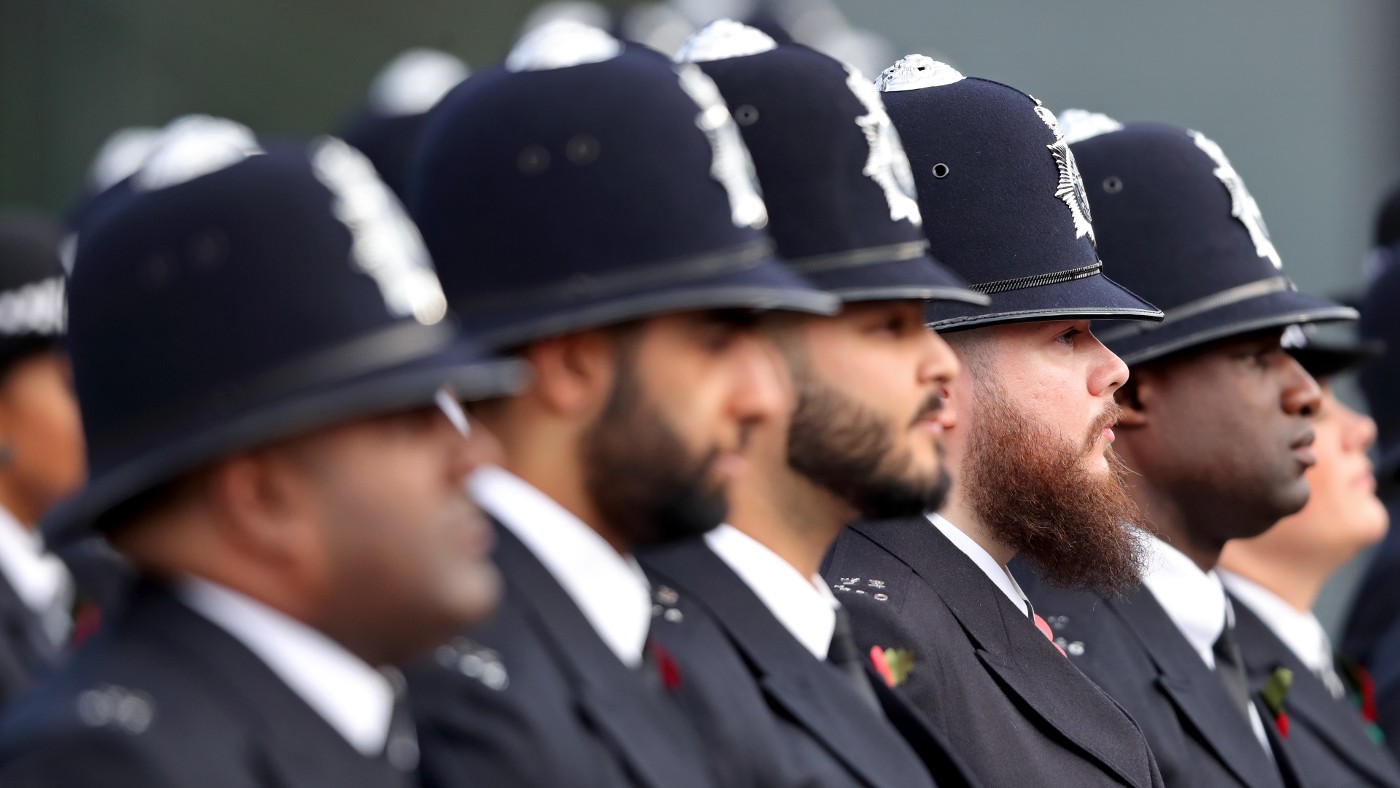 What putting Metropolitan Police in ‘special measures’ means for the force
What putting Metropolitan Police in ‘special measures’ means for the forceIn the Spotlight Scotland Yard facing greater scrutiny and pressure to produce improvement plan following criticisms by watchdog
-
 Maradona and the ‘simple homicide’ trial
Maradona and the ‘simple homicide’ trialIn the Spotlight Prosecutors claim football legend’s death was result of ‘omissions’ by medics and a psychologist
-
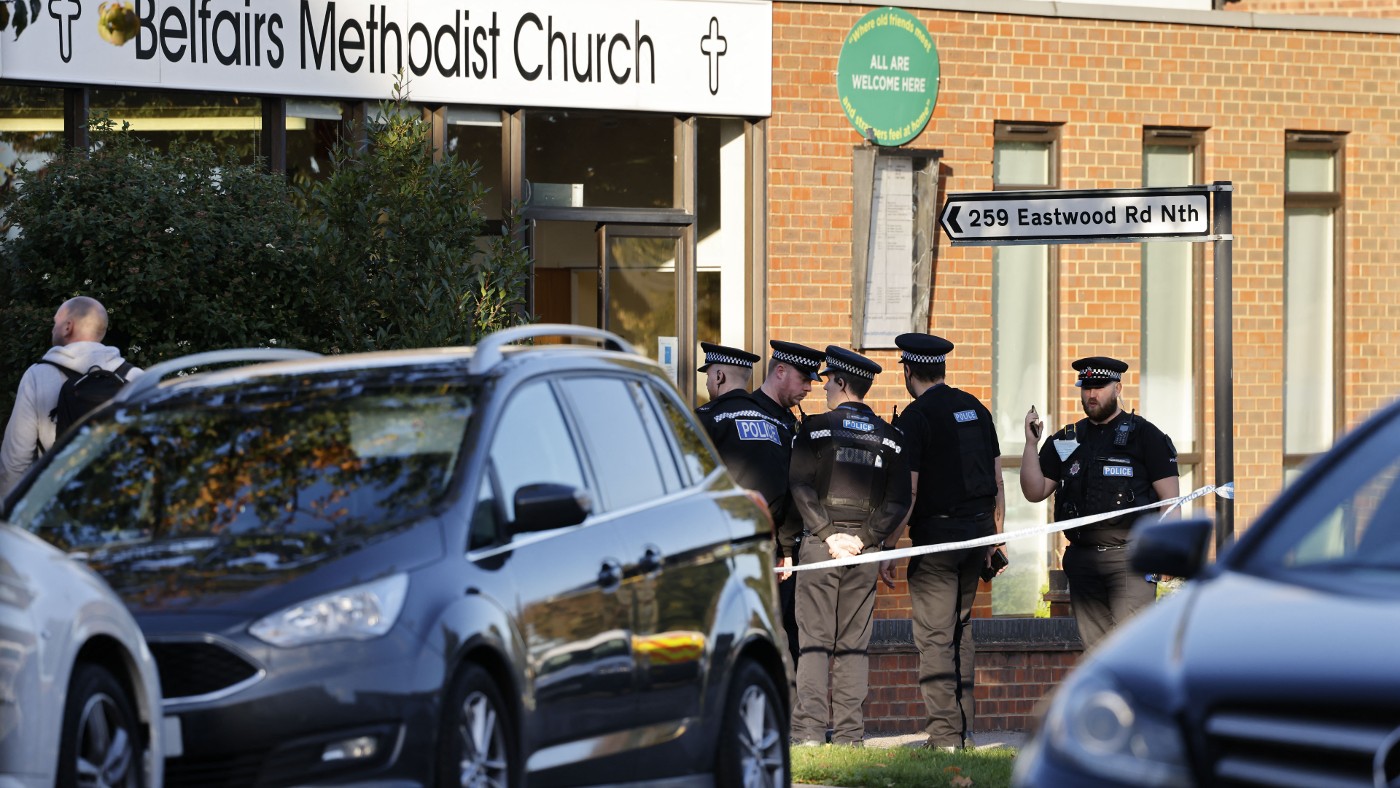 David Amess murder trial: ‘harrowing’ details of attack play out in court
David Amess murder trial: ‘harrowing’ details of attack play out in courtIn the Spotlight Emergency phone call by witness played to jury
-
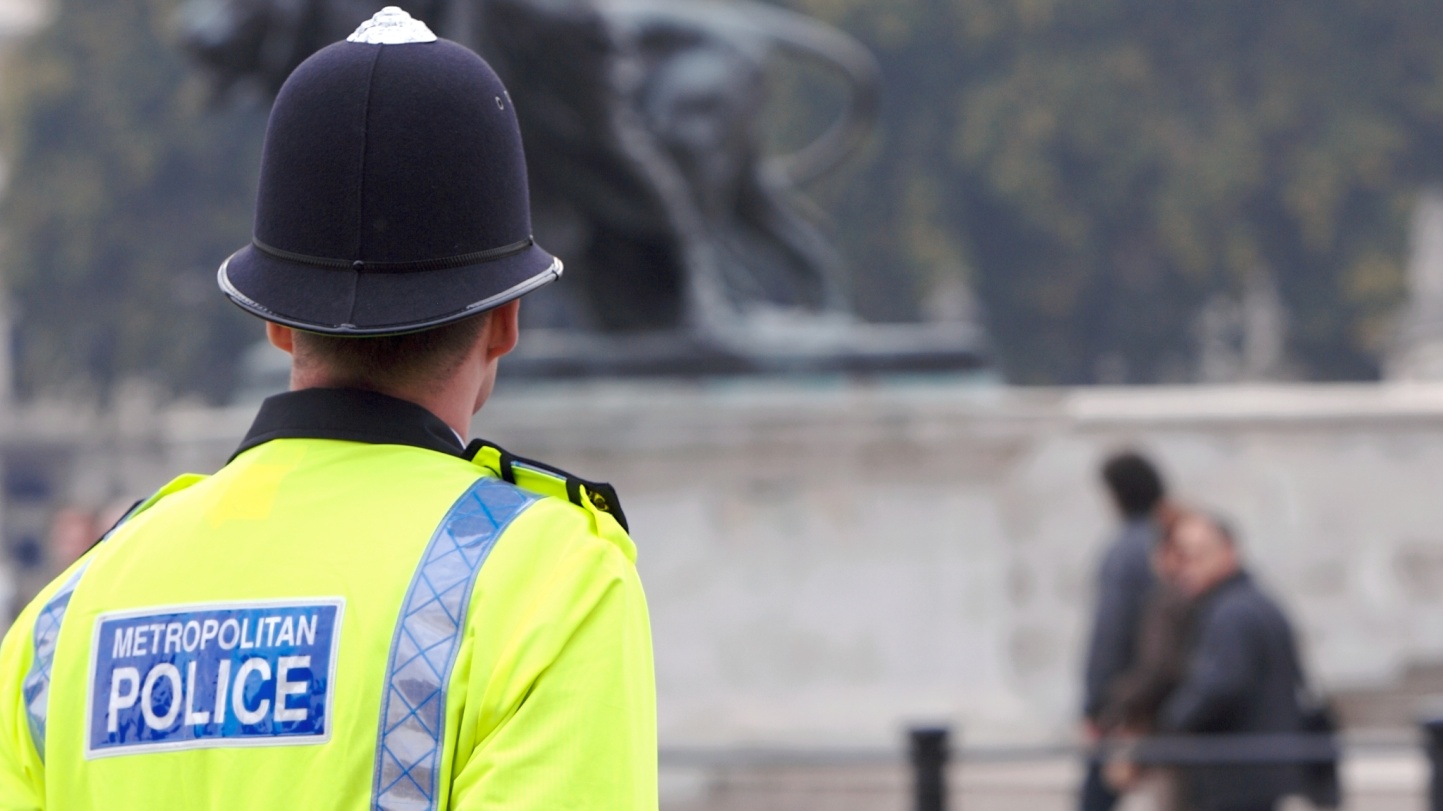 Can the Metropolitan Police rebuild public trust?
Can the Metropolitan Police rebuild public trust?In the Spotlight Hunt for a police chief beings as Cressida Dick steps down from top job
-
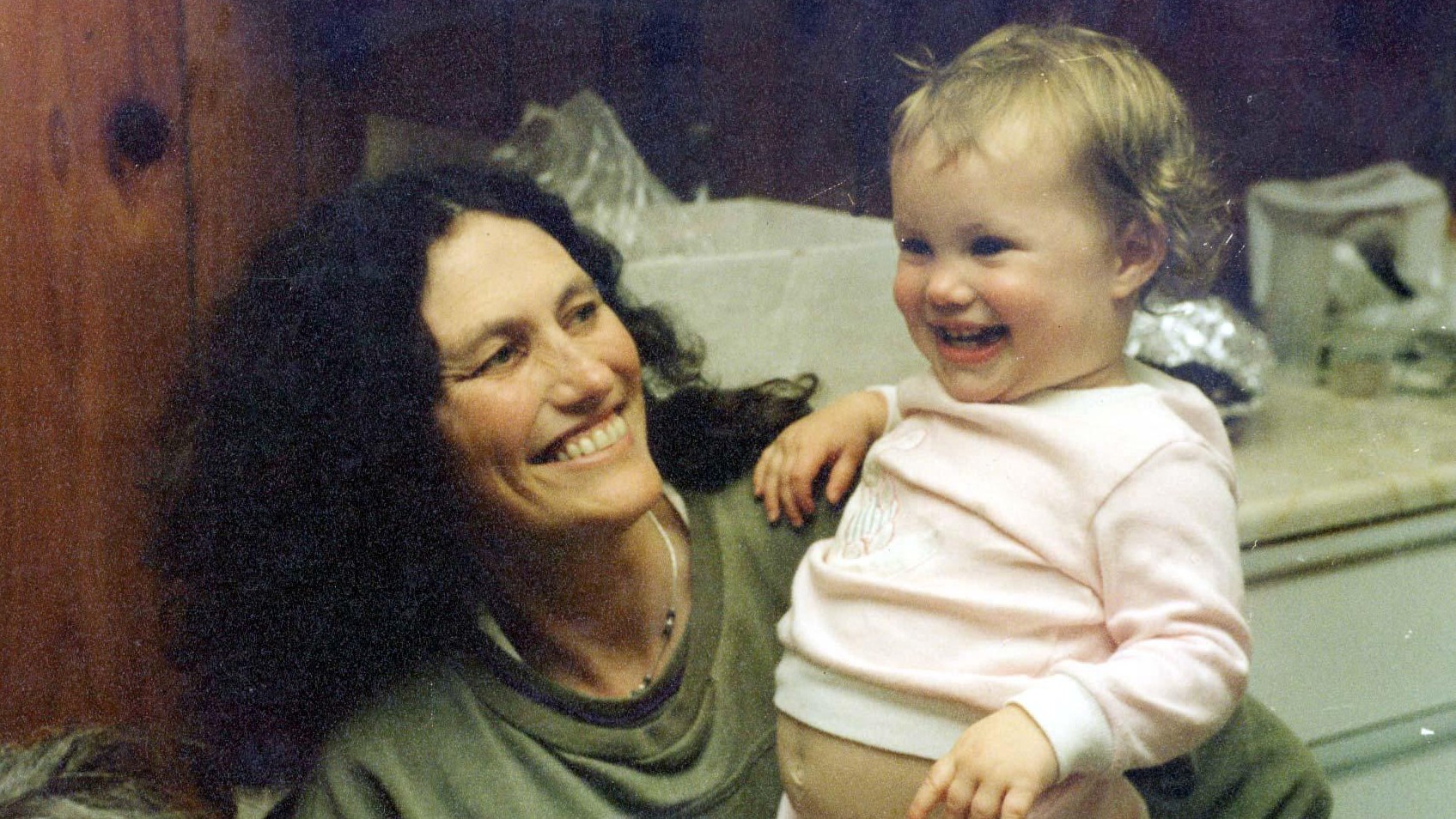 Is Levi Bellfield telling the truth about the Russell murders?
Is Levi Bellfield telling the truth about the Russell murders?In the Spotlight Killer confesses to double murder that put another man behind bars for two decades